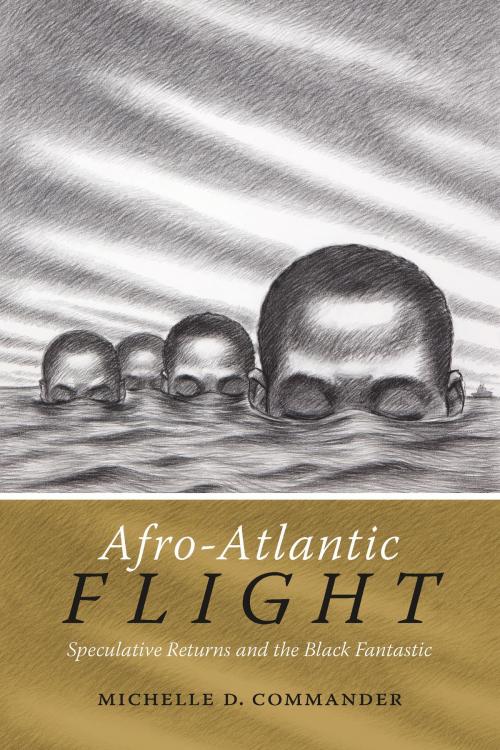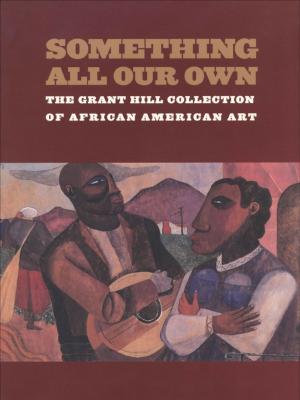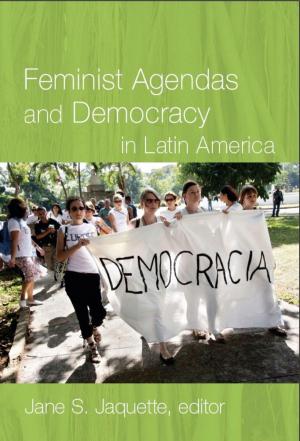Afro-Atlantic Flight
Speculative Returns and the Black Fantastic
Fiction & Literature, Literary Theory & Criticism, Black, American, Nonfiction, Social & Cultural Studies, Social Science, Cultural Studies, African-American Studies| Author: | Michelle D. Commander | ISBN: | 9780822373308 |
| Publisher: | Duke University Press | Publication: | March 2, 2017 |
| Imprint: | Duke University Press Books | Language: | English |
| Author: | Michelle D. Commander |
| ISBN: | 9780822373308 |
| Publisher: | Duke University Press |
| Publication: | March 2, 2017 |
| Imprint: | Duke University Press Books |
| Language: | English |
In Afro-Atlantic Flight Michelle D. Commander traces how post-civil rights Black American artists, intellectuals, and travelers envision literal and figurative flight back to Africa as a means by which to heal the dispossession caused by the slave trade. Through ethnographic, historical, literary, and filmic analyses, Commander shows the ways that cultural producers such as Octavia Butler, Thomas Allen Harris, and Saidiya Hartman engage with speculative thought about slavery, the spiritual realm, and Africa, thereby structuring the imaginary that propels future return flights. She goes on to examine Black Americans’ cultural heritage tourism in and migration to Ghana; Bahia, Brazil; and various sites of slavery in the US South to interrogate the ways that a cadre of actors produces “Africa” and contests master narratives. Compellingly, these material flights do not always satisfy Black Americans’ individualistic desires for homecoming and liberation, leading Commander to focus on the revolutionary possibilities inherent in psychic speculative returns and to argue for the development of a Pan-Africanist stance that works to more effectively address the contemporary resonances of slavery that exist across the Afro-Atlantic.
In Afro-Atlantic Flight Michelle D. Commander traces how post-civil rights Black American artists, intellectuals, and travelers envision literal and figurative flight back to Africa as a means by which to heal the dispossession caused by the slave trade. Through ethnographic, historical, literary, and filmic analyses, Commander shows the ways that cultural producers such as Octavia Butler, Thomas Allen Harris, and Saidiya Hartman engage with speculative thought about slavery, the spiritual realm, and Africa, thereby structuring the imaginary that propels future return flights. She goes on to examine Black Americans’ cultural heritage tourism in and migration to Ghana; Bahia, Brazil; and various sites of slavery in the US South to interrogate the ways that a cadre of actors produces “Africa” and contests master narratives. Compellingly, these material flights do not always satisfy Black Americans’ individualistic desires for homecoming and liberation, leading Commander to focus on the revolutionary possibilities inherent in psychic speculative returns and to argue for the development of a Pan-Africanist stance that works to more effectively address the contemporary resonances of slavery that exist across the Afro-Atlantic.















